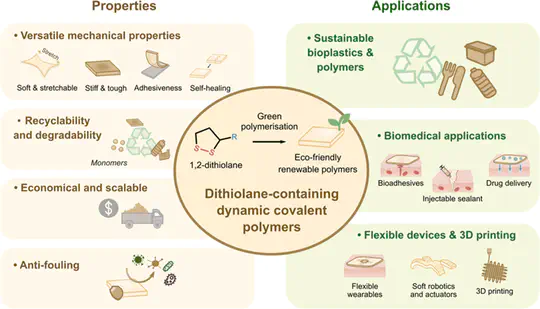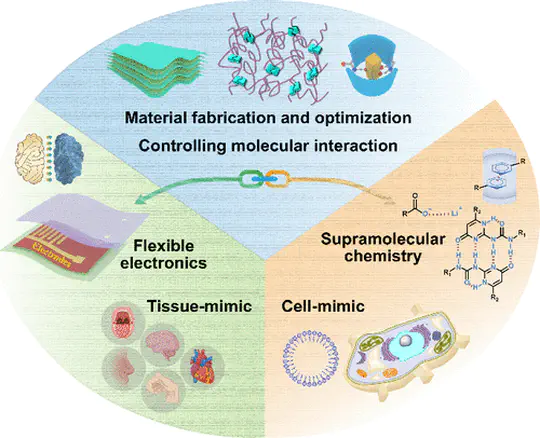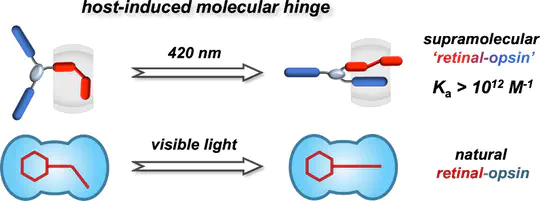Zehuan Huang
Principal Investigator
Peking University
Zehuan Huang is a Principal Investigator at Peking University, focusing on “precise construction and biomedical application of high-performance supramolecular biomaterials”. Research within the Zehuan Group are mainly delicated to exploiting dynamic and reversible molecular interactions to design and construct functional supramolecular gels/elastomers/plastics with controlled structures and comprehensive mechanical properties, thus serving biomedical applications in reparative and replacement therapy of soft tissues. Art is I, Science is We, we sincerely welcome enthusiastic, creative, and self-motivated individuals to join us!
- Supramolecular materials science
- Biomedical engineering of soft tissues
- High-performance dynamic polymers
Principal Investigator, 2023-
Peking University, School of Materials Science and Engineering
Marie-Curie Postdoctoral Fellow, 2018-2022
University of Cambridge, Yusuf Hamied Department of Chemistry, Advised by Prof. Oren A. Scherman
PhD in Chemistry, 2013-2018
Tsinghua University, Department of Chemistry, Supervised by Prof. Xi Zhang
BSc in Chemistry, 2009-2013
Tsinghua University, Department of Chemistry
News
Highlights










